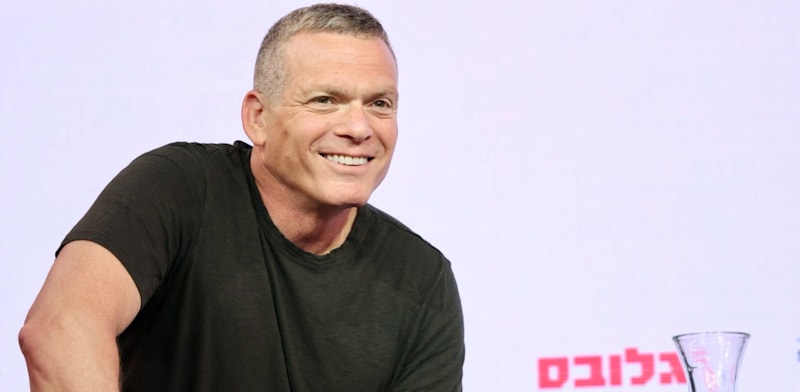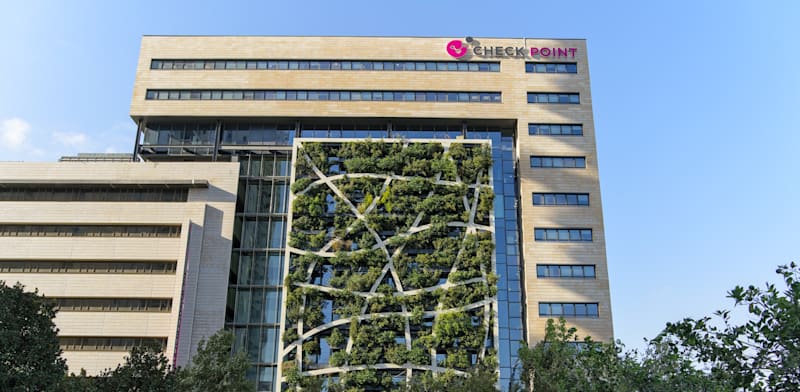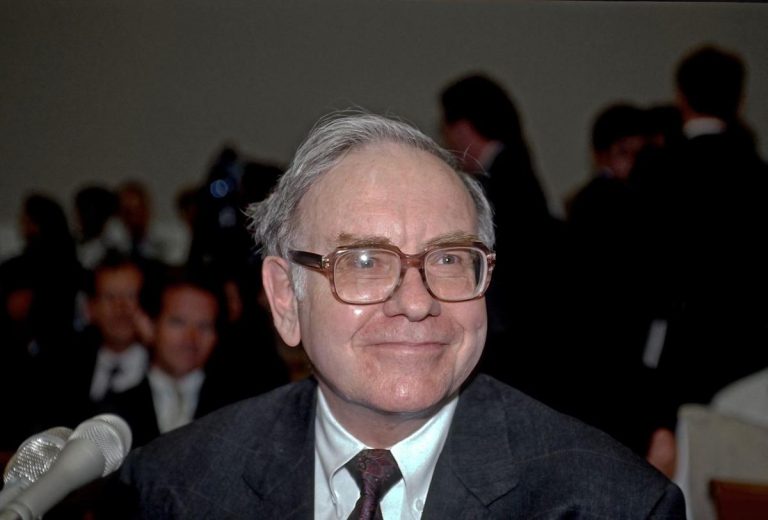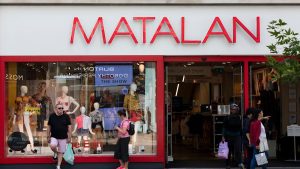Four months ago Nadav Zafrir became CEO of Israeli cybersecurity company Check Point Software Technologies Ltd. (Nasdaq: CHKP). This is the first time in its 32-year history that Gil Shwed is not the CEO, although he has become executive chairman, and is still involved in the task of management together with Zafrir. In his first interview since becoming CEO, Zafrir spoke to “Globes” news editor Bar Lavi at the Globes TECH IL Conference, about his thoughts and feelings on managing Israel’s top cybersecurity company.
You come to the job with rich experience – you served as commander of the IDF 8200 unit and then founded the Team8 investment fund but this is the first time you have been CEO of a large publicly traded company.
“It’s challenging, but overall it’s fun. My hobby is to get out of my comfort zone and without a doubt, I left it by deciding to work here. It’s an amazing company with amazing people and I have people to learn from here, and there’s still a lot to learn.”
Four months into the role, has anything surprised you about Check Point that you didn’t know before?
“Not really, I know the company and have been following it for many years, but in every company, certainly in the cybersecurity market, there are factors that require us to change quickly. The fact that we’re not growing like our rivals is a well documented challenge and we’ll have to deal with that, and perhaps the thing that surprised me about the company is that we recently held three user conferences – in Vienna, Bangkok and Las Vegas, and at each of them there was a party – you could say I wasn’t expecting wild parties at Check Point.”
Check Point is a profitable company, but the big challenge is to bring it to higher growth, how do you get it to grow at least as much as its competitors?
“I don’t think I have answers to that right now. I took office four months ago. The company also has a DNA that we don’t want to change. The DNA of an Israeli company, with technological depth, with development done from here, a company that believes that defense is defense – and we don’t want to change any of that. But we will have to be more vocal, tell more about what we do because that’s the world we live in and there are also quite a few opportunities in the world of AI, for example. It is changing the way cybersecurity is done dramatically, and the last time there was such a change was when the Internet began. We will take this opportunity with both hands in terms of the people we bring in, and the companies we look at, instead of chasing innovations, we will reinvent what cybersecurity looks like in the age of AI.”
RELATED ARTICLES
Regarding AI, you announced an intriguing collaboration with Wiz just before it was sold to Google for $32 billion.
“One of the problems in our field is that the number of products that data security managers in enterprises have to adopt is increasing, and managers find themselves with the need to synchronize between systems. So in recent years there has been more and more talk about consolidation – merging – when cybersecurity companies are essentially becoming platforms and we believe in open platforms. Where we believe we have the best product, we will put it up front, (even if it is not a product developed within Check Point). Wiz has managed to create the leading system in the cloud sector and our decision to collaborate with them is to make it accessible to the user.”
Palo Alto Networks founder CEO Nir Zuk was recently interviewed by “Globes”, and although he did give you praise on your collaboration with Wiz, he said that you had finally remembered to do now what other companies had understood years ago.
“Nir and I have different perceptions. When I was discharged from the army and went on a trip after the army, I dedicated time to learning all the concepts in the commercial industry and many good people helped me, including Nir, whom I praise in return. We are friends, but also rivals, and our companies have different perceptions with very different DNA. There is one perception that says – I will do everything – and there are also other perceptions.”
Last month, Check Point also entered a new real estate project, when together with Canada Israel it won a tender to purchase land on Kreminitsky Street in Tel Aviv for NIS 818 million, for the construction of two buildings with 60,000 square meters for apartments and 2,700 square meters commercial space. The office and commerce rights will be entrusted to Check Point, which will pay NIS 500 million of the overall amount.
He adds on this subject, “I will only say that the municipality has not yet approved the plan, but assuming it does – the background to the project is thinking decades ahead. Gil Shwed founded the company 32 years ago, and I imagine that in another 32 years, I probably won’t be sitting here, but someone else will. The company has an important place in the Israeli ecosystem and in order for us to be here in 30 years, we need to take care of the future and this future also includes real estate and infrastructure. We must look decades ahead. The project has several dimensions. These are two buildings, one for preservation and the other that will be rebuilt and will allow us to look at our growth. The nature of work expected in the future is probably as we know it in the post-Covid reality – hybrid, and also hybridity in the sense of cloud – use of the cloud, and that is how the building is designed. There is an intellectual challenge here, to plan 20 years ahead, since no one knows what the world will look like then.”
You are expanding, and other companies in the market are downsizing – just this morning we heard about Intel’s plans to lay off 20% of its workforce.
“That’s what it is and it’s sad. We all need to be reminded that nothing is ever secure and we all need to look to the future, examine several possible ‘futures’, and try to prepare as best as possible, certainly in the age of AI, where even if we imagine a thousand scenarios, the thousand and first scenario is still the one that will be fatal. We must invest in the future all the time and from its perspective to bring first and foremost the freshest, hungriest and most curious minds that there are in Israel. We will soon be making major hiring of those talents and just as there are companies that are in difficulty, there will also be companies that will flourish.”
You are actually stepping into Gil Shwed’s shoes, which some would say are big shoes.
“We have known each other for many years. Gil and the other founders (Shlomo Kramer and Marius Nacht) all grew out of the same habitat that I know well, and Gil was one of those who, when I was discharged, accepted me into the industry, and I thank him for that. We have been together for six months, and for four months since I took office, we have complemented each other, even though we are different people, with different worldviews and backgrounds, and we intend to triumph together.”
You manufacture your security boxes in Taiwan. How is the tariff war affecting you?
“We are basically a software company and almost the majority of our revenue comes from there, so by and large the direct impact is minor, although in the end there are hardware components that we put on the table. Like the rest of the world, we are keeping our eyes open, understanding that things may change at any moment and we will see how it affects us. When I put on my optimistic glasses, firstly, we have not seen or are not seeing any impact from our customers on transactions made with us. Secondly, historically, even when there is a decline in the economy, the cybersecurity world is relatively immune because it is the last priority for cuts by IT managers. Certainly, in the world we are in, we will not see fewer cyberattacks when there is difficulty in the economy.”
Where do you see the Israeli economy and local tech industry in five years?
“Let’s talk about the last 19 months – we are all in a challenging period, I look first at the tech sector and how it has looked in the last year and a half. Overall, with all the difficulties and certainly after 7/10, the Israeli tech industry and the multinational companies are proving real resilience. We didn’t miss even a little bit (at Check Point), and it is true that most of the development is here, but the competitors, even if they are empathetic, will take every opportunity to take advantage so we, Israeli tech, deserve a high score for our conduct in the last two years.
“Looking ahead, I think the uniqueness of the place continues and has been proven time and again. In the week after October 7th, we looked at ourselves and said, ‘What’s going on here?’ And I think the fact that tech should give us independent confidence, and many people who served and were on the front lines are returning home. I hope they find friends, and their families in a situation that want to move forward, and I hope there will be an agreement here soon and that the hostages will return. And as Mark Twain said after a crisis, when you reach a solution, there is growth.”
Full disclosure: The Conference was held in collaboration with Starkware, Startup Nation Central, Microsoft Israel, Dream, FBC law firm, the Israel Innovation Authority, and Mekorot
Published by Globes, Israel business news – en.globes.co.il – on April 23, 2025.
© Copyright of Globes Publisher Itonut (1983) Ltd., 2025.








